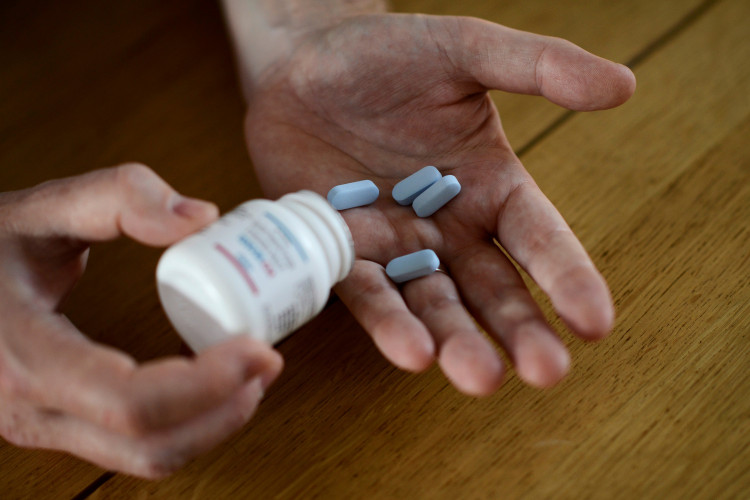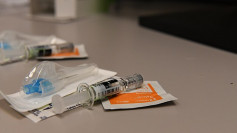A groundbreaking new drug, heralded as the closest approximation to an HIV vaccine to date, could drastically reduce the annual cost of HIV prevention to just $40 per patient. Currently priced at $42,250 for the first year, Lenacapavir, marketed as Sunlenca by U.S. pharmaceutical giant Gilead, has shown extraordinary promise in clinical trials. Advocacy groups and researchers are urging the company to make the drug available globally at a much lower cost, arguing that widespread access could revolutionize HIV prevention and treatment.
Lenacapavir, administered via injection every six months, offers dual benefits: it prevents new HIV infections and suppresses the virus in those already infected. This innovative approach significantly simplifies the current regimen of daily pills and barrier methods like condoms. In a recent trial, the drug provided 100% protection to over 5,000 women in South Africa and Uganda, as announced by Gilead last month.
Reducing Costs for Global Access
New research presented at the 25th International AIDS Conference in Munich by Dr. Andrew Hill from Liverpool University outlines a compelling case for the mass production of a generic version of Lenacapavir. According to Hill, the cost of production, including a 30% profit margin, could be as low as $40 per year if 10 million people used the drug annually. "You've got an injection somebody could have every six months and not get HIV. That's as close as we've ever been to an HIV vaccine," Hill stated, highlighting the potential for this drug to transform HIV prevention.
UNAIDS has emphasized the importance of making Lenacapavir available "rapidly and affordably," pointing to its potential as a major breakthrough in HIV prevention. Advocacy groups are calling for Gilead to permit generic licensing through the UN-backed Medicines Patent Pool in all low- and middle-income countries (LMICs), which account for 95% of HIV infections globally. Without such measures, Hill suggests that nations might need to issue compulsory licenses to produce generics in the face of a public health emergency.
Global Health Implications
The prospect of drastically lowering the price of Lenacapavir has significant global health implications. Dr. Hill pointed to the Helsinki Declaration on medical ethics, which asserts that clinical trials should benefit the populations in which they are conducted. Trials in LMICs bolster the argument for universal access, especially since these regions bear the brunt of the HIV epidemic.
The potential impact of Lenacapavir is profound. UNAIDS Executive Director Winnie Byanyima noted that the drug could provide a more discreet alternative to daily tablets, helping individuals who face stigma due to their HIV status or sexuality. "Treatment could be life-saving by providing a more discreet option than daily tablets for people who faced stigma because of their HIV status or sexuality," Byanyima said.
Current Pricing and Future Prospects
Gilead has stated that it is "too early" to set a price for Lenacapavir as a preventive measure, as it awaits further clinical trial data and regulatory filings. However, the company promises a strategy to enable broad, sustainable access globally, including in high-incidence, resource-limited countries. This approach involves Gilead's supply chain and a voluntary licensing program to facilitate the production of low-cost versions of the drug.
Advocates argue that all LMICs, including upper middle-income countries like Brazil, must have access to affordable generic forms of Lenacapavir. Excluding these nations could hinder efforts to control the epidemic in regions where it is growing fastest.
Advocacy and Calls for Action
Joyce Ouma, a senior programs officer at Y+ Global, emphasized the transformative potential of a twice-yearly injectable for young people living with or at risk of HIV. "It's not an exaggeration to say that meeting the 2030 goal of ending new HIV transmissions hinges on Gilead ensuring people in the global south have fair access to Lenacapavir," Ouma said.
Byanyima echoed this sentiment, calling on Gilead to make history by opening Lenacapavir to the UN-backed Medicines Patent Pool. "Gilead has an opportunity to save the world," she stated, urging the pharmaceutical giant to take decisive action.






